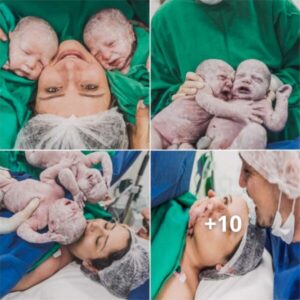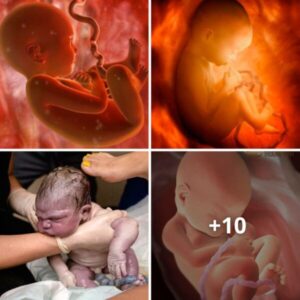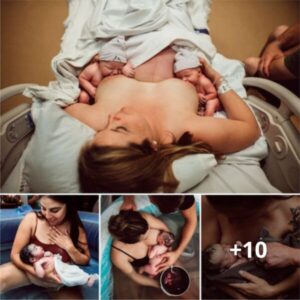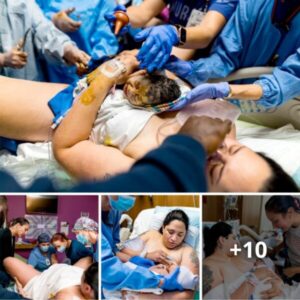The story revolves around the birth of a baby girl with a rare and severe skin disorder called Harlequin Ichthyosis. The mother, a 27-year-old woman from the dào ethnic group in Van Don, Quang Ninh province, Vietnam, gave birth to this premature baby girl at 32 weeks of gestation.

The baby was born with Harlequin Ichthyosis, a genetic disorder that causes her skin to be dry, thick, and fissured like fish scales. This condition is extremely rare and causes the baby significant pain and discomfort.
The mother had not sought regular medical care during her pregnancy, and she had not undergone any prenatal screening tests that could have detected potential issues. As a result, the genetic condition was not identified during her pregnancy, and the baby was born with this rare and challenging skin disorder.
Harlequin Ichthyosis is characterized by severe dry skin with scales that resemble fish scales. It is caused by a mutation in a recessive gene, the ABCA12 gene, located on chromosome 2.

This gene is responsible for producing the ABCA12 protein, which plays a crucial role in transporting lipids to the skin’s epidermis to form a protective barrier.
A mutation in this gene leads to a deficiency of the ABCA12 protein, resulting in the accumulation of lipids in the cell membrane, making the stratum corneum (outermost layer of skin) thicker and harder. This leads to deep, painful cracks in the skin, giving the skin its characteristic appearance.

Harlequin Ichthyosis is a recessive genetic disorder, meaning that a child inherits mutated genes from both parents to manifest the condition. In this case, both parents carried the gene mutation.
Doctors and healthcare professionals are using this tragic situation to emphasize the importance of prenatal screening and regular medical care during pregnancy. Prenatal screening tests can help identify potential birth defects and conditions like Harlequin Ichthyosis early in pregnancy.

Detecting these conditions at an early stage enables medical experts to provide better care and support to the baby and their family, increasing the chances of positive outcomes.





